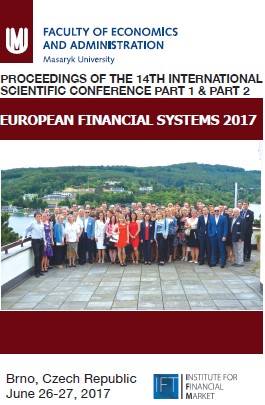To gamble or not to gamble – comparison of decisions made under risk and under uncertainty
To gamble or not to gamble – comparison of decisions made under risk and under uncertainty
Author(s): Maria Forlicz, Tomasz Rólczyński
Subject(s): Socio-Economic Research
Published by: Masarykova univerzita nakladatelství
Keywords: decision under uncertainty; lottery; expected value;
Summary/Abstract: It’s been noticed that people estimating the probability of occurrence of some events underestimate large probabilities and overestimate small ones (Burns et al, 2010), which in the case of lotteries, where the probability of winning is very low, should effect increased willingness to play when the probabilities are not known. That is why we put forward a hypothesis that in the case of choice made under uncertainty people are more willing to buy lottery tickets than in the case of choice under risk (while the expected value of a gamble is smaller than the price of the lottery ticket). Two experiments with real (but not monetary) payoffs were organized. In both experiments participants were divided in two groups - informed and not informed about the probability of winning (different across experiments). Results of the Experiment I confirm our hypothesis. On average, the number of lottery tickets bought was higher in a group that didn’t know the probability of winning. However, when we lowered the pool in Experiment II this difference disappeared.
- Page Range: 127-134
- Page Count: 8
- Publication Year: 2017
- Language: English
- Content File-PDF

